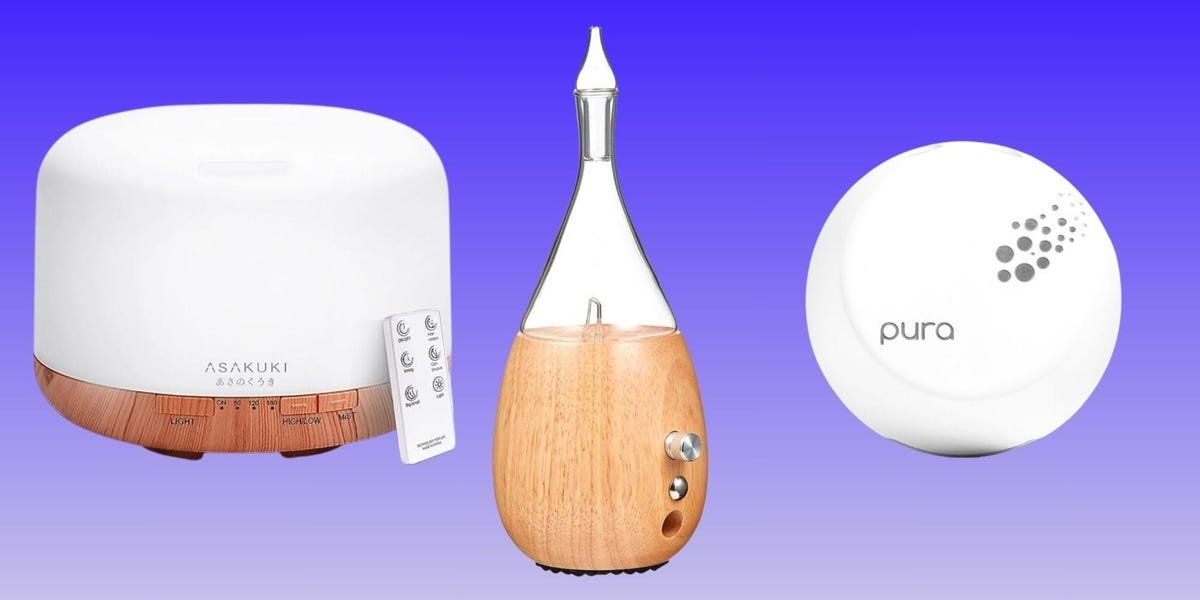Frequently Asked Questions about Essential Oil Diffusers
What are essential oils?
Essential oils are extracted from specific parts of plants, such as flowers, seeds, roots, skins, bark, or leaves, according to Lattin. Genuine essential oils contain “information” about where the essential oil was produced and when it was made, Lattin said. Oftentimes, manufacturers will provide a link to an analysis report for their essential oils.
How do you clean an essential oil diffuser?
To get the most out of this habit, it’s important to learn how to clean your essential oil diffuser.
After using your diffuser, it’s important to clean the device regularly to prevent corrosion of the plastic parts, and most of the diffusers I tested included instructions to clean the reservoir with white vinegar, water, and dish soap after one or two uses.
Are essential oils harmful to babies and children?
John Hopkins All Children’s Hospital recommends using caution when using essential oils around children, but notes that they may have benefits. Never apply concentrated essential oils directly to a child’s skin and keep them in a safe place out of reach. Peppermint oil can cause seizures in children under 30 months of age. Read the label carefully to make sure you’re using pure oil and not a synthetic formula.
Are essential oils harmful to pets?
According to the ASPCA Animal Poison Control Center (APCC), concentrated essential oils can be dangerous to pets if they are ingested or come into contact with their skin. The APCC recommends not using diffusers if you have birds with sensitive respiratory systems, and only using them for short periods of time.
Where in the room should I place my essential oil diffuser?
The diffuser should be placed in a well-ventilated area, but out of reach of pets and children, and you should make sure the vapors can be diffused without touching delicate surfaces or electronic devices.
What are the benefits of an essential oil diffuser?
Incorporating diffuser into your daily routine has been shown to reduce stress, promote healthy sleep habits, and reduce inflammation.
Before you start diffusing, it’s important to know that it’s possible to overdo it. “Diffusing all day or overnight can lead to inhaling or exposing yourself to too much, which can cause irritation,” says Lattin. “It’s a good idea to start by diffusing for short periods during the day to see how much you can tolerate and to place the diffuser somewhere that’s not too close.”
What are the best essential oils for sleep?
Buying essential oils is a very personal experience, but three oils that help me relax at night are lavender, chamomile, and peppermint.
Lavender oil’s benefits include calming the nerves and reducing inflammation in the body, which is why lavender aromatherapy is widely used in sleep-related products and it’s often the main oil used in pre-made essential oil sleep blends.
Like a cup of warm chamomile tea, chamomile oil is said to have a relaxing and sleep-inducing effect. Finally, if you’re having trouble falling asleep due to a stuffy nose or upset stomach, peppermint oil can help ease pain and aid digestion.

